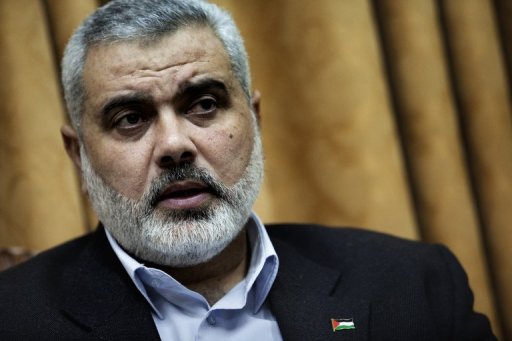CAIRO: It was a sweeping victory for Islamist parties in Egypt’s parliamentary elections, with the Muslim Brotherhood’s Freedom and Justice Party (FJP) winning 127 seats (38 percent) and the Salafi Al-Nour Party garnering 96 (29 percent) of the 332 seats allocated for party lists.
Field Marshal Mohamed Hussein Tantawi, head of the ruling Supreme Council of the Armed Forces (SCAF), announced the names of the 10 appointed members in the People’s Assembly, including two women and five Copts.
The People’s Assembly, expected to hold its first session on Jan. 23, is due to form a 100-member committee to write Egypt’s new constitution.
Two thirds or 332 of the seats in lower house are decided by proportional representation on closed party lists. The other third are contested by individual candidates, Reuters reported.
In a conference Saturday, Judge Abdel Moez Ibrahim, head of the Supreme Electoral Commission (SEC) announced the results of the party lists in Egypt’s first parliamentary elections since the ouster of Hosni Mubarak.
There were a total of 27,065,135 valid votes for party lists, of which the FJP won a majority of 10,138,134 votes. Al-Nour came in second with more than 7.5 million votes.
One of Egypt’s oldest political parties, the liberal Al-Wafd won 66 seats, with 2,480,591 votes.
The Egyptian Bloc, an electoral alliance led by the Free Egyptians Party and including the Egyptian Social Democrats and the leftist Al-Tagammu Parties, won 33 seats with 2.4 million votes.
Al-Wasat Party won 10 seats with just under 1 million votes. The Reform and Development Party won eight seats while the Revolution Continues Coalition won seven.
Additionally, the Freedom Party and the National Egyptian each won four seats, while the Egyptian Citizen won three, the Union won two, while the National Arab Union and the Democratic Peace each got one seat.
Ibrahim said there were more than 30,000 monitors of the elections from local organizations and around 1,000 from international organizations.
There were re-runs in 17 of the total 46 constituencies for the party lists.
“The parliamentary elections are a democratic train that has reached its final destination,” said Ibrahim.
Final tally
Final results overall, including individual candidates, showed that Islamist parties won nearly three-quarters of the seats in parliament, reported the Associated Press.
The coalition led by the Muslim Brotherhood said it won 47 percent, or 235 seats in the 498-seat parliament while Al-Nour Party was second with 25 percent, or 125 seats.
The Egyptian Bloc said it won 9 percent of the seats in parliament. Egypt’s oldest secular party, Al-Wafd, also won around 9 percent, according to AP.
The Revolution Continues Coalition won 2 percent, as did the Islamist Al-Wasat Party. The final tally also includes at least 15 seats for former regime figures, AP reported.
The FJP named Saad Al-Katatny, a leading Brotherhood official who sat in the old parliament as an independent, as speaker of the assembly.
The party expressed its "confidence that Al-Katatny will be at the same distance from all representatives, either those of the FJP or other parties," reported Reuters.
This would "uphold the principle of democracy and consolidate the rules of political participation," the party said in a statement.
Al-Katatny told Reuters the new assembly would be "reconciliatory."
"The priorities are meeting the demands of the revolution, including the rights of the injured and those killed in the uprising," he said. –Additional reporting by Agencies

Newly elected Egyptian MPs and staff work at the parliament in Cairo on January 22. (AFP Photo/Mahmud Hams)

A member of Egypt’s Salafi Al-Nour party takes pictures of a colleague in the parliament meeting hall. (AFP Photo/Mahmud Hams)
